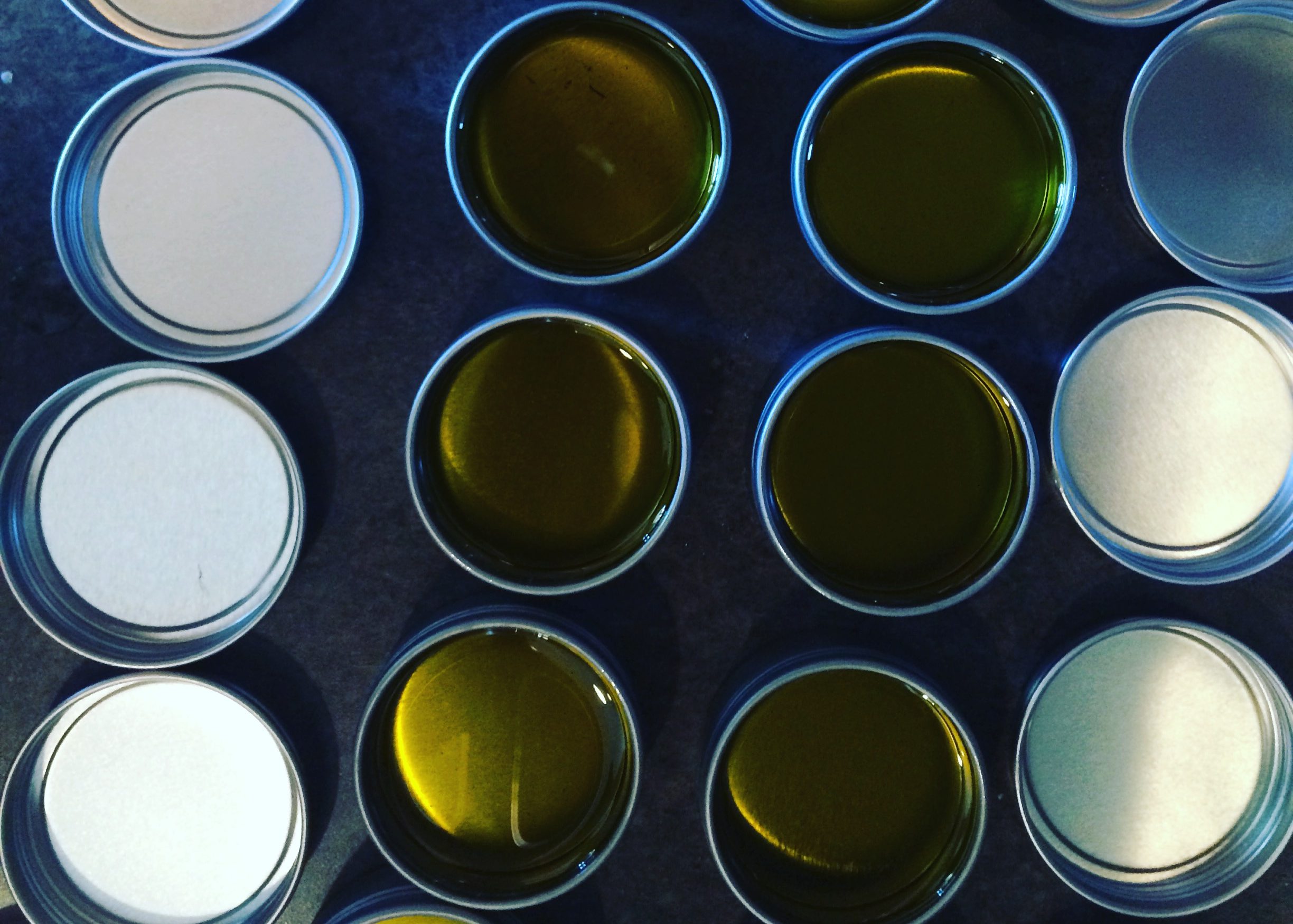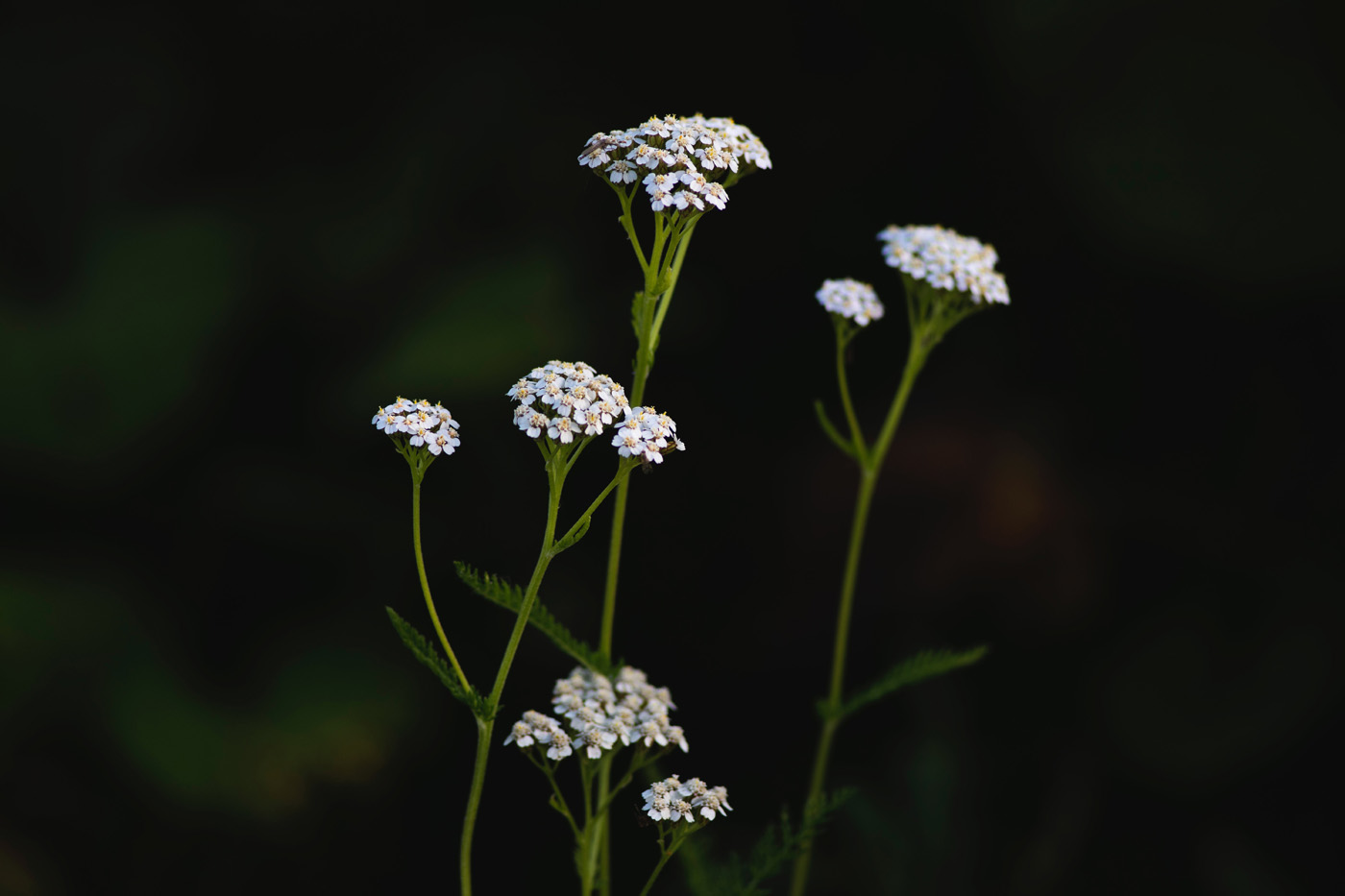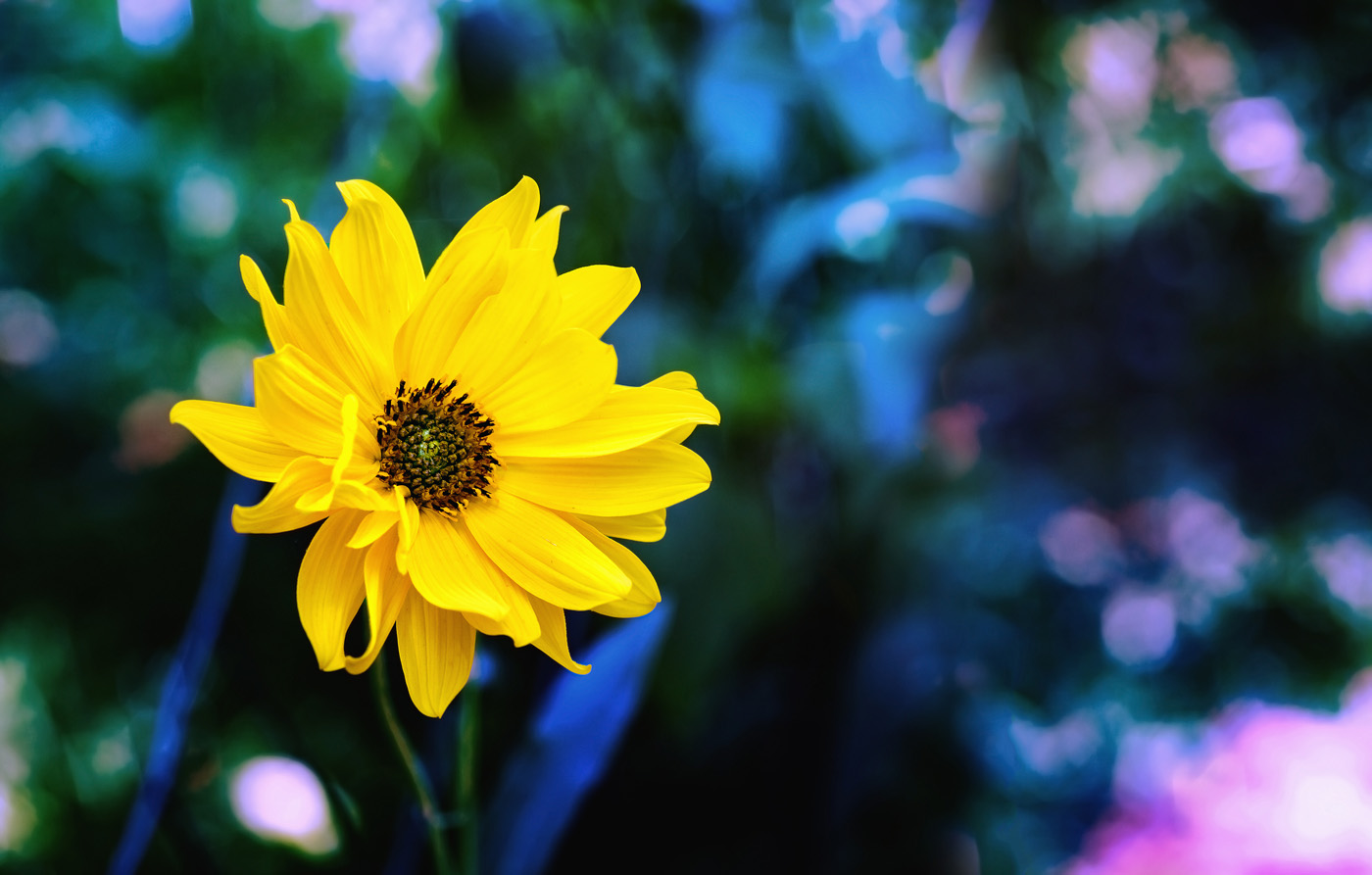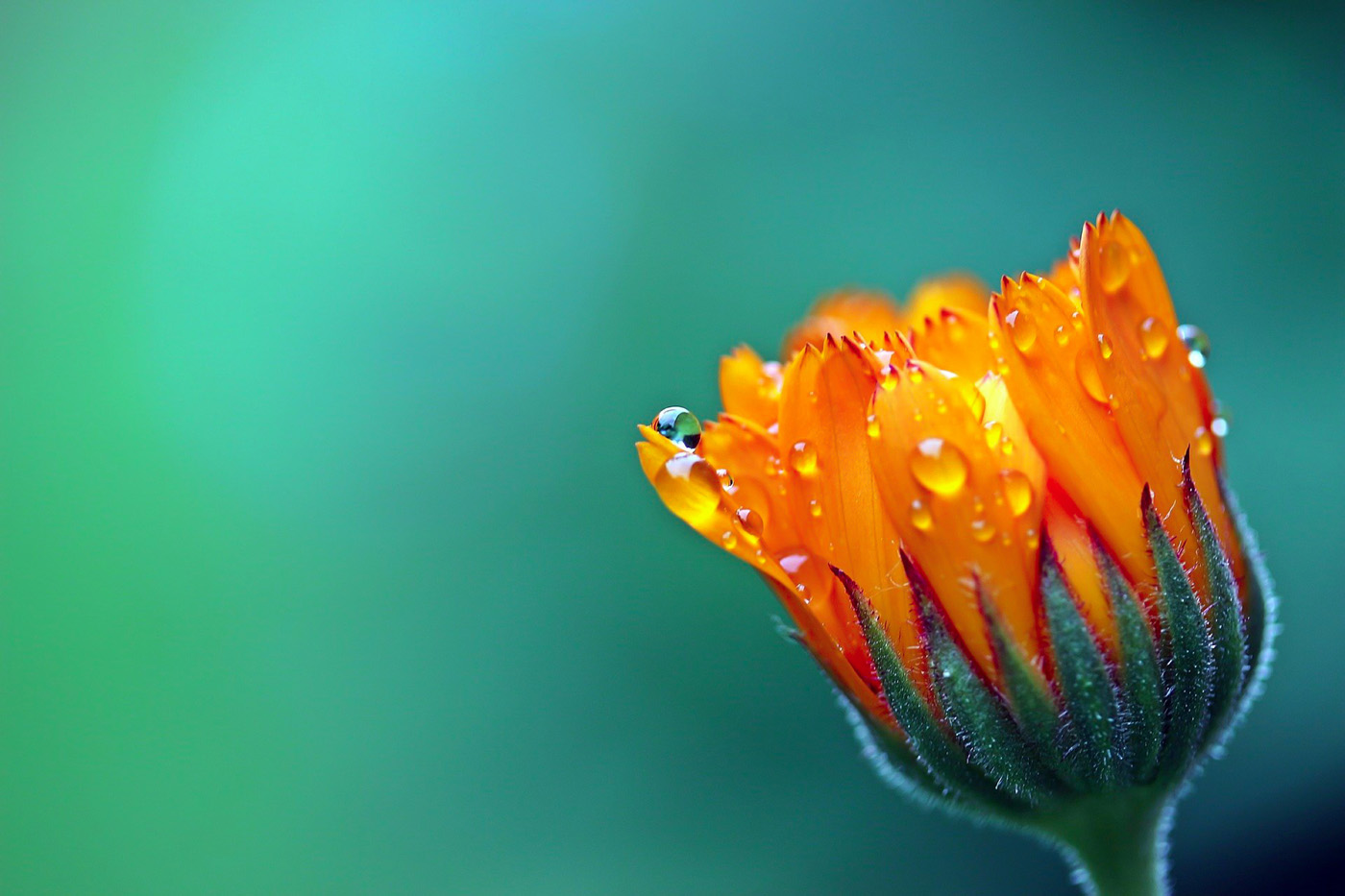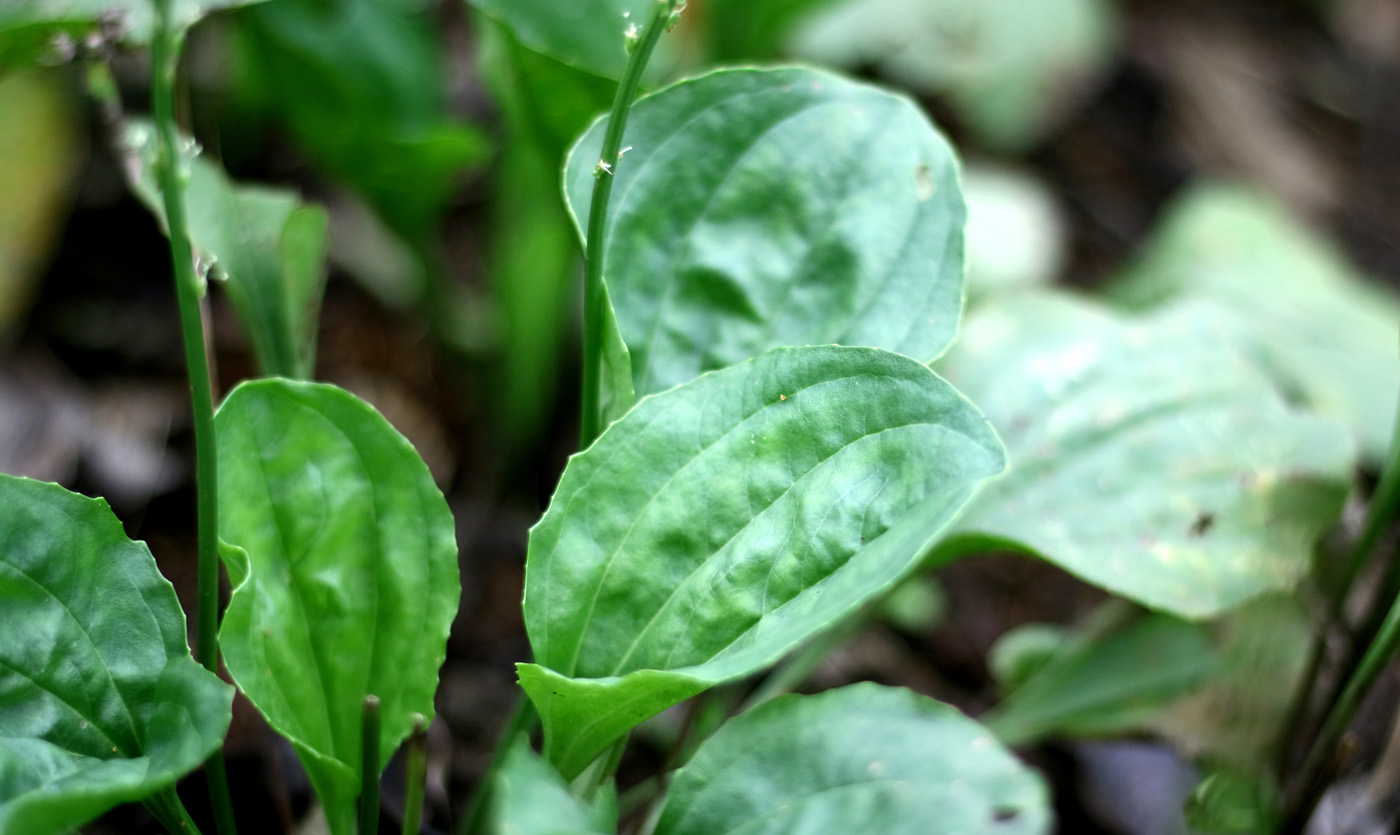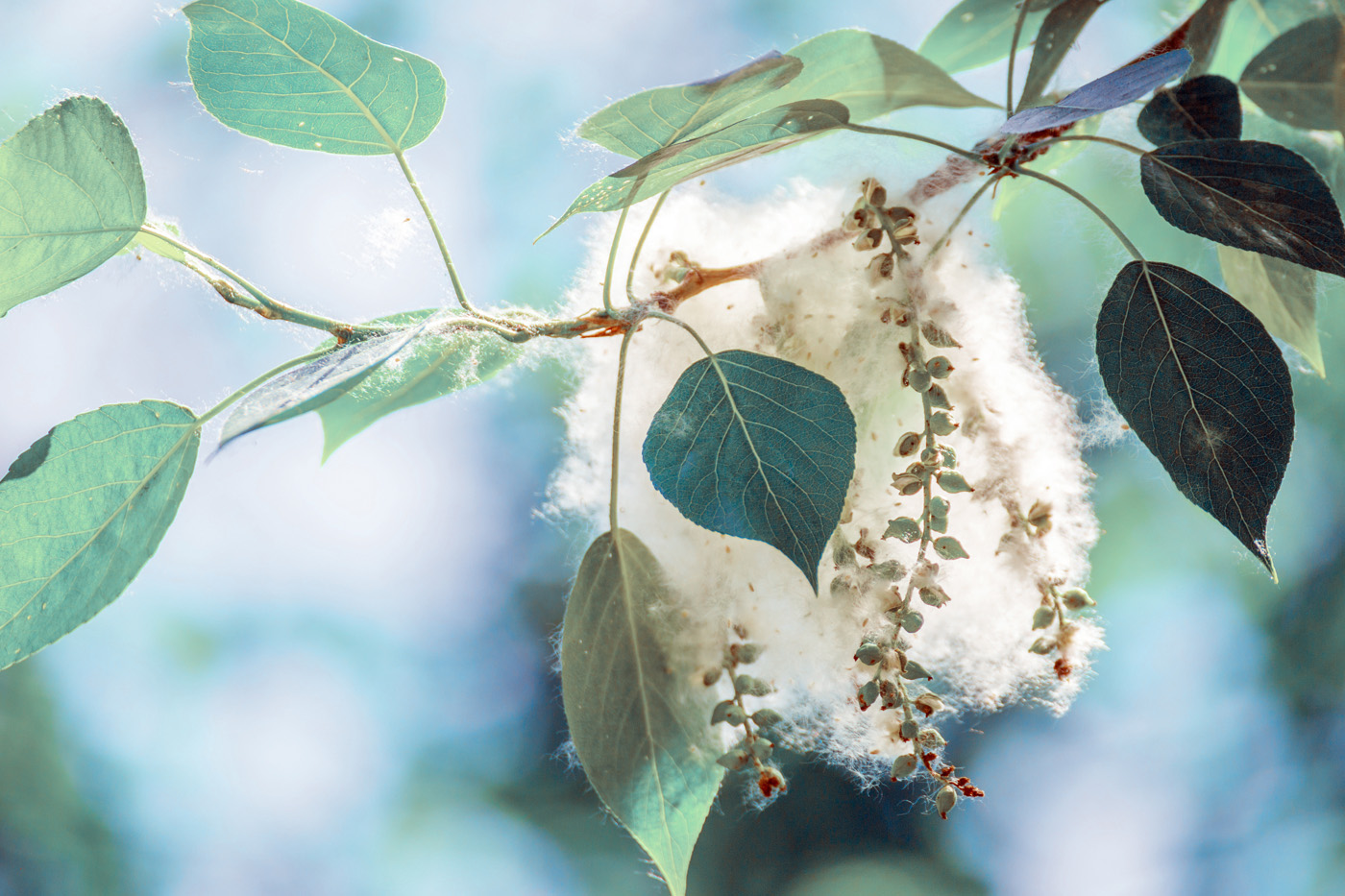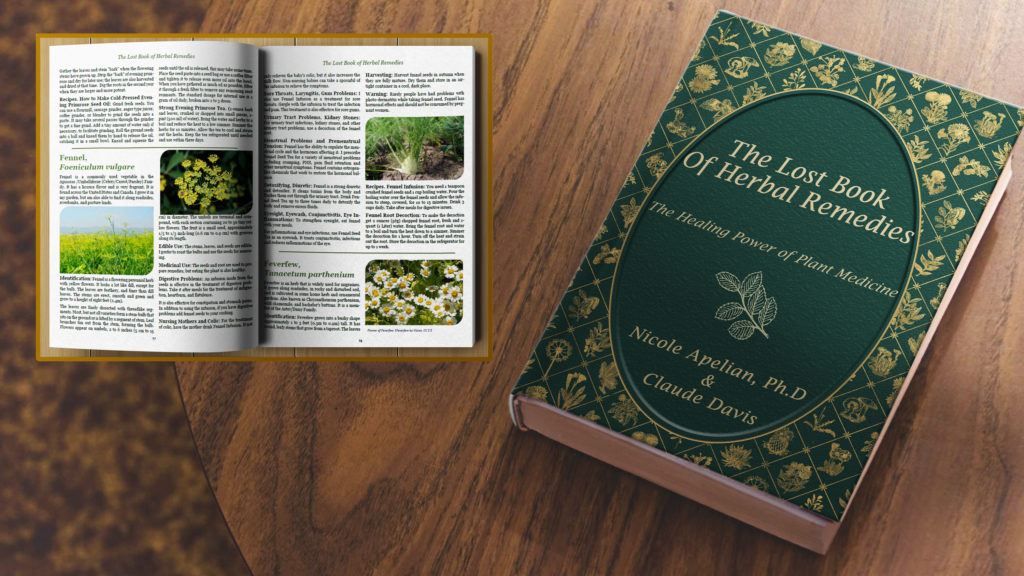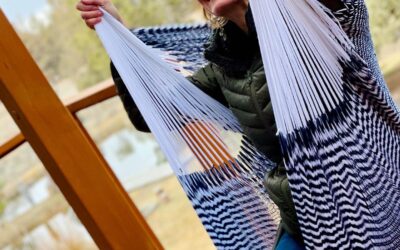For almost a decade, I have had a serious love affair with natural remedies.
They have certainly transformed my own health. Over the years I have focused this passion on developing and refining my herbal tinctures and salves to share with others through my apothecary. It brings me great satisfaction and happiness knowing many people have benefited from these herbal formulations!
Of course, quality is my top priority. This is why all my products are non-GMO, gluten-free, and made entirely from wild-harvested and/or organic herbs.
Below I have listed some of my personal favorites and their use. All are found in my All-Purpose (First Aid) Salve, which is an easy way to always have these topicals on hand. I’ve included detailed information about the beneficial properties of each herb along with safety advice. There is also a DIY salve recipe for you to try.
Top Healing Botanicals
Yarrow (Achillea millefolium)
Yarrow is one of my all-time favorite herbal remedies. It should be in everyone’s herbal medicine kit. It has exceptional antibacterial and antifungal properties and is effective for healing ear infections and open wounds. Yarrow can also be helpful for managing rashes, skin infections, and itching. Since yarrow quickly halts bleeding by contracting the blood vessels and encouraging clotting, it is important to clean wounds before applying this herb. Additionally, it contains anti-inflammatory compounds that ease swelling and promote healing.
Yarrow Salve Recipe: Combine 1⁄2 cup (4 oz or 125ml) yarrow-infused oil with 1-ounce beeswax. Using a double boiler, gently heat the mixture and stir until the beeswax has melted. You can check the consistency by dipping a spoon in and cooling it in the fridge for a few minutes. If it is too soft, add more beeswax. If too hard, add more oil. Then pour into a jar or tin and cool. Cover, label, and date.
Safety: Do not ingest yarrow if pregnant or nursing. Avoid use if allergic to plants in the Aster/Daisy family, if you develop a rash, or if you experience any irritation.
Arnica (Arnica cordifolia and A. montana)
Arnica is exceptionally helpful for relieving arthritis pain, especially in winter. It warms the area and increases circulation while also soothing inflammation. Additionally, the herb is beneficial for treating bruises, muscle aches, sprains, carpal tunnel syndrome, and swelling.
Safety: Arnica is highly toxic if taken internally and is not recommended unless using homeopathically. Do not use undiluted arnica topically on wounds as it can cause irritation and inflammation. Always dilute arnica oil and extracts with a carrier solution or oil when using on broken skin.
Calendula (Calendula officinalis)
With strong anti-inflammatory, antimicrobial, astringent, anti fungal, and antiviral properties, calendula is an excellent herbal remedy for a range of issues. Due to its immunostimulant characteristics, calendula is useful for treating and disinfecting minor wounds, conjunctivitis, cuts, scrapes, insect bites, and burns. Since the herb is especially soothing to the skin, it is useful for acne, sunburn, and rashes—including diaper rash.
Safety: Do not use it if you are allergic to marigold, ragweed, daisies, chrysanthemums, chamomile, echinacea and other plants in the Aster/Daisy family. If you are unsure, start with a small test patch on the skin and increase use gradually. Avoid using calendula internally if pregnant or nursing as safety has not been established. Consult with your healthcare practitioner before use if you are taking prescription medication.
Plantain (Plantago major)
Anti-inflammatory and antibacterial, plantain is useful for swollen joints, sore muscles, sprains, rashes, as well as for insect bites and stings. It will help to reduce infection, stop bleeding, and calm inflammation while reducing the sting or itch. Plantain is exceptional for drawing out venom or a stinger.
Cottonwood Bud Oil (Populus trichocarpa and P. deltoides)
Since cottonwood buds are rich in salicylic acids, it is an effective remedy for pain relief and to reduce swelling. Cottonwood is anti-fungal, anti-microbial, and anti-inflammatory. I use it topically as a salve or oil for arthritis, strains, and muscle soreness. It is also helpful for treating sunburn and cold sores.
Safety: Some individuals may be allergic to cottonwood sap. It should not be used by those who are allergic to aspirin or bees.
My First Aid Salve: An Herbal Powerhouse for Healing
The herbs above are all found in my All-Purpose (First Aid) Salve. It’s an excellent remedy for healing cuts, scrapes, minor wounds, chapped lips and noses, rashes, bites, stings, first degree burns, and eczema. It is helpful for reducing swelling and bruising and soothes diaper rash as well. What’s more, the salve is antibacterial and antifungal. My family also uses it for mosquito bites.
This salve is one of our most popular items. Visit the Apothecary today to learn more!
Nicole Apelian
Roll Up Your Sleeves and Do it Yourself?
Are you interested in making your own herbal remedies at home and learning about the many plants, lichens, and mushrooms you can find out your own back door? If so please pick up a copy of my book: "The Lost Book Of Herbal Remedies: The Healing Power of Plant Medicine" today!
Not in Europe or the US? Not a problem, click here to order your copy »

